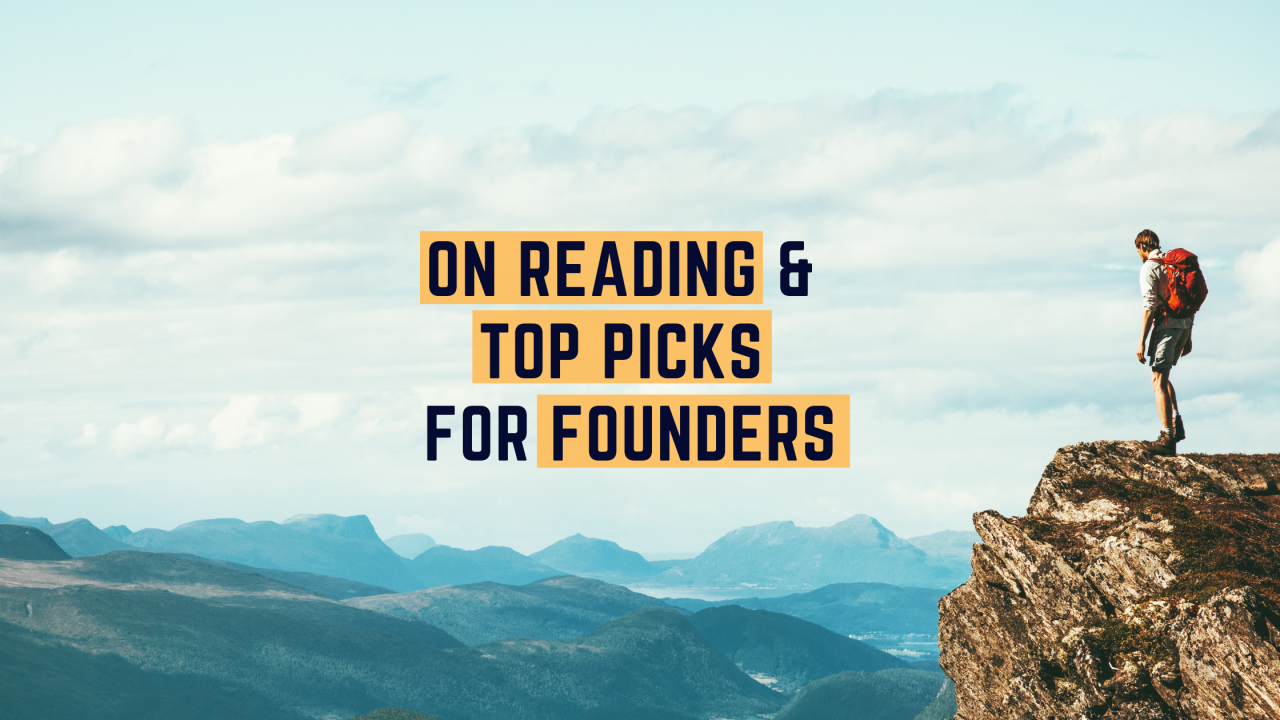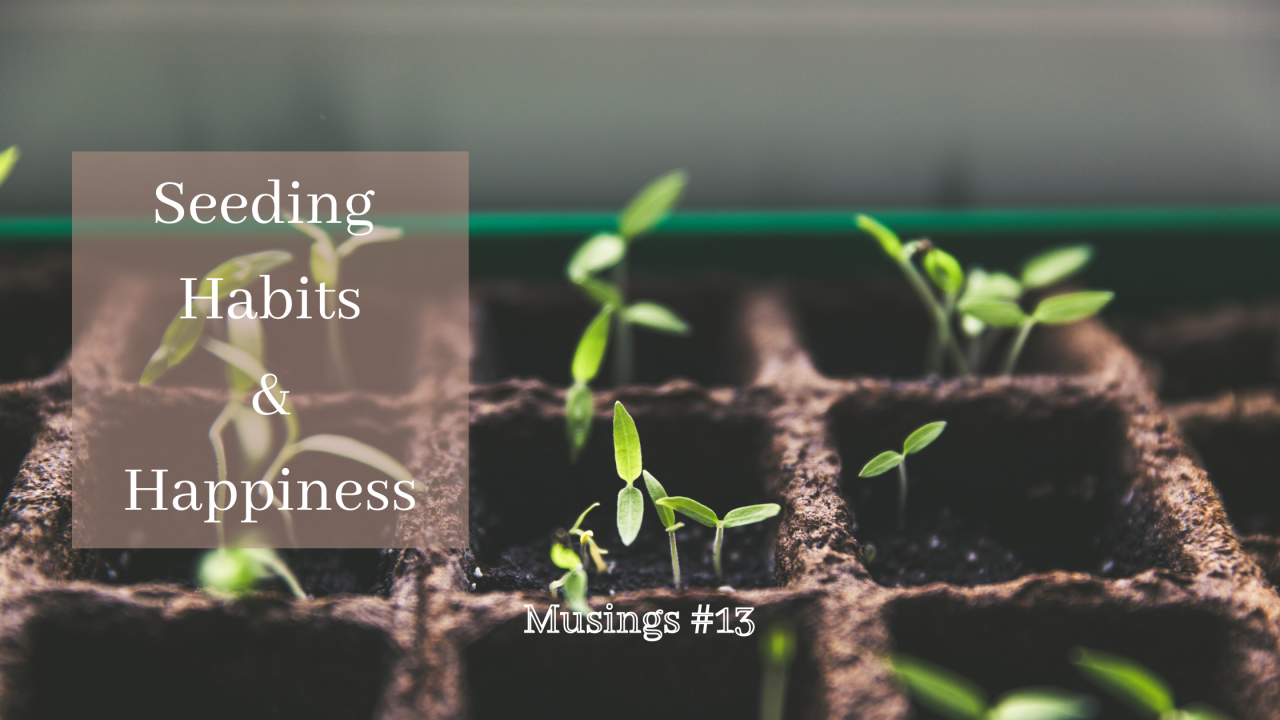My kids (12.5 and 11 years) love reading. Thanks to Bob Books, they developed a love for reading from a very young age. They are voracious readers now and have moved past my childhood favorites to various other authors. Now, I’m trying to introduce them to some classics – but they prefer Rick Riordan way more than Sir Arthur Conan Doyle. If you have any suggestions for them, please do share them.
I was looking at this list of famous autodidacts (self-taught people), and its such a fantastic collection of poets to scientists to entrepreneurs, and even famous presidents. Here is one such mention on Abraham Lincoln, who was instrumental in abolishing slavery in the US, and considered one of the greatest leaders in history and a fantastic orator:
Lincoln was self-taught in the law. He read, read more, and then read again, every book he could get his hands on.
Why Reading Matters?
Odds are that no matter what you’re working on, someone somewhere, who is smarter than you, has probably thought about your problem and put it into a book. – Shane Parish, Farnam Street
Most successful people are prolific readers and learners. Warren Buffet reads 500 pages daily. Bill Gates clocks more than 50 books a year. Elon Musk taught himself how to build rockets. And closer to home, many of the successful founders I interact with are prolific readers as well. They can take a topic, read all about it, and then talk to everyone in their network who are experts and arm themselves to be dangerous.
Learnability is one of the most critical aspects that contribute to success in life. And there is no better tool for learning than books on topics that can help us become more knowledgeable and hopefully help us avoid known mistakes and emulate paths and habits that can aid our success.
Some techniques to develop the habit
I always loved reading, but this year, I have ramped up my efforts thanks to a few basic things that have worked well for me. I used to average about 10-12 books till last year, and as of last month, I already crossed 40 books this year. Sharing some techniques that have helped me read more and, more importantly, learn from these books. And would love to hear strategies that have worked for you so that we can learn together.
- Make time: This was my single biggest roadblock. I did not have enough time. This year, I decided to cut down my TV time to only weekends, which has been the single most significant boost for my reading habit.
- Consistency: As we discussed last week, it is essential to start small and be consistent to build any habit. I decided with the simple goal of reading at least 15 minutes daily. And that has made all the difference. I have not broken that 15 min rule this full year. In fact, I average more than 45 minutes daily on this habit.
- Audiobooks: Before this year, I was not a fan of Audiobooks – I liked reading and had this mental block that I couldn’t learn from audiobooks. One of the founders I work with pushed me to try audible (again) with a particular book suggestion (since the reader made it sound more lively) – and I loved the experience. Since then, more than 50% of the books I read this year were via Audible. Pro tips: 1) Set the speed at 2 or 2.5x (300+ words per minute are easy for our brains to process and faster than average reading speeds) 2) Make it a habit to get in at least 15 mins of Audible time daily – my favorite times are while doing dishes or while walking my dog.
- Booklist: Another simple hack was to start the year with a list of books across various categories that I wanted to read. I’m always clear on what I’m reading currently (not more than 2 or 3) and the next three books I’m going to read. Pro tip: I have a list of books on Notion and keep track of start/end dates, number of pages per day, etc. Find this helpful for consistency and habit building.
- Note-taking: I have found the habit of highlighting while reading (or bookmarking with a note in case of Audible) and later reviewing a book after a week to recap my notes to be super helpful in retaining what I learned from the book. For Audiobooks that I like, I also end up buying the digital versions, and as soon as I finish a chapter in Audible, I highlight relevant sections in the Kindle version and take notes on that chapter (takes about 5 minutes extra per chapter but really worth it). More on note-taking in the next section.
Productivity
Roam Research: Some of my colleagues nudged me to try a new note-taking app called Roam Research, and that has been a significant productivity boost accompanying my reading habit. If you decide to give Roam a shot, try this tutorial series – I found this the easiest to get up-to-speed on Roam. The video below explains why this app is a game-changer for your learning experience, and I entirely echo Thomas Frank.
Readwise: If you are like me and like highlighting while reading in Kindle, Readwise is a great way to accumulate all the notes in one place. And better still, Readwise sends you a daily email circulating through your various notes to enable you to do spaced-repetition to retain more through spaced repetition from the books.
Spotlight
Zettelkasten Method: There are many methods to taking notes, but after reviewing various ones, I settled in on the Zettelkasten Method (German: “slip box”) made famous by the German sociologist Niklas Luhman who built up 90,000 index cards of notes using this methodology. You can easily take Zettelkasten notes in Roam if you follow this approach. But, before you try that, you can watch the following five-minute video that explains the methodology.
Highlights
Now that we have established how useful and fruitful reading can be as a habit and some tips and techniques on how to get better at reading and to learn from those books, here are my top recommendations for founders across a few different categories (the table has 50 good books for those interested but shortlisting 10 to get started). I also recommend checking out mostrecommendedbooks.com, a collection of book recommendations that have shaped the world’s most successful people – a website started by our friend Anurag.
The following “Helpful Guide to Reading Better” from Farnam Steet helped nurture my reading habit. It would take about an hour or so, but I would highly recommend studying this page closely, and practicing techniques such as the mindmap method described, can significantly help one become a better reader and learner.
Quote/Tweet
A dated but relevant tweetstorm on reading by Patrick O’Shaughnessy:
I’m often asked how I read so much and how I choose books. So, my I’ll try my first tweet storm… https://t.co/AJGTn8Tofl
— Patrick OShaughnessy (@patrick_oshag) December 2, 2016
I hope we all get to practice some of these techniques and use some of the tools to make our reading and learning habits even stronger. I would love to hear any tools/techniques that have really helped you and any recommendations on books that really helped shape who you are today. I look forward to hearing from you.
(If you are enjoying Musings and find it helpful, please subscribe, and please share with friends who might find it useful.)




